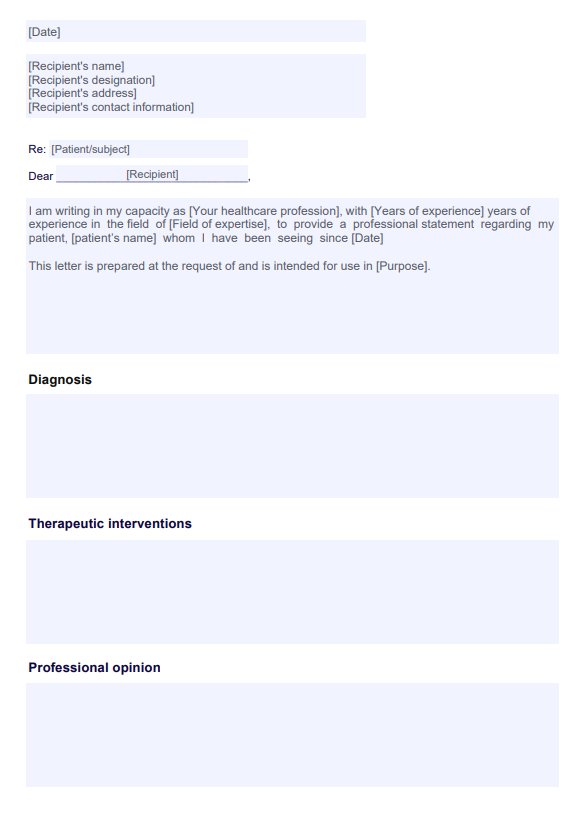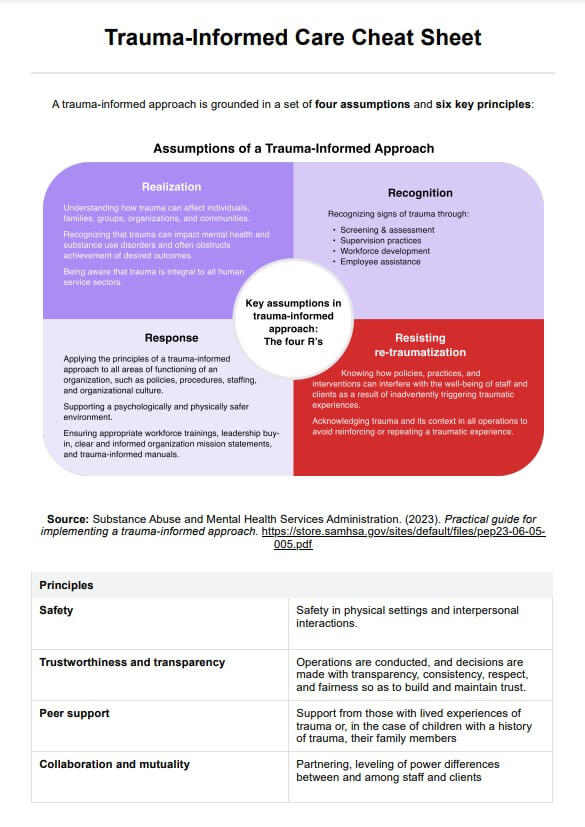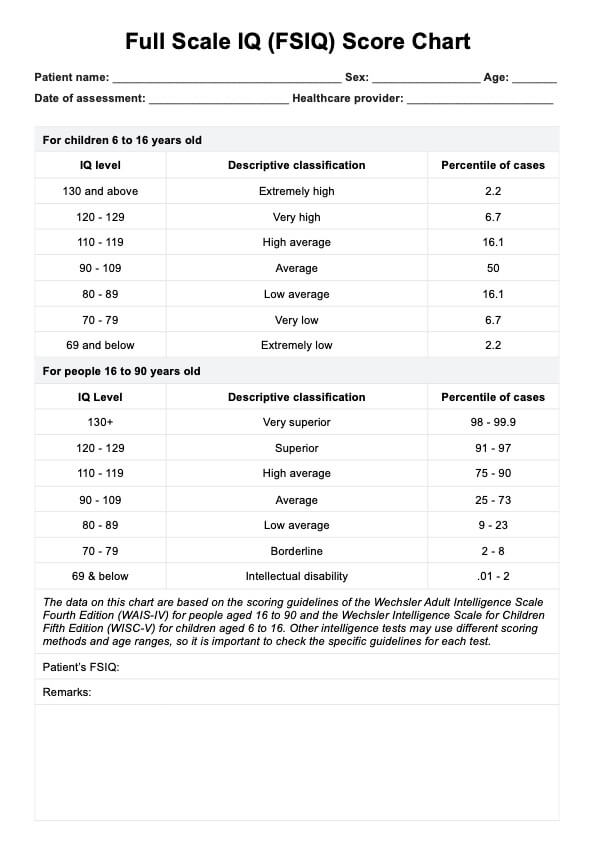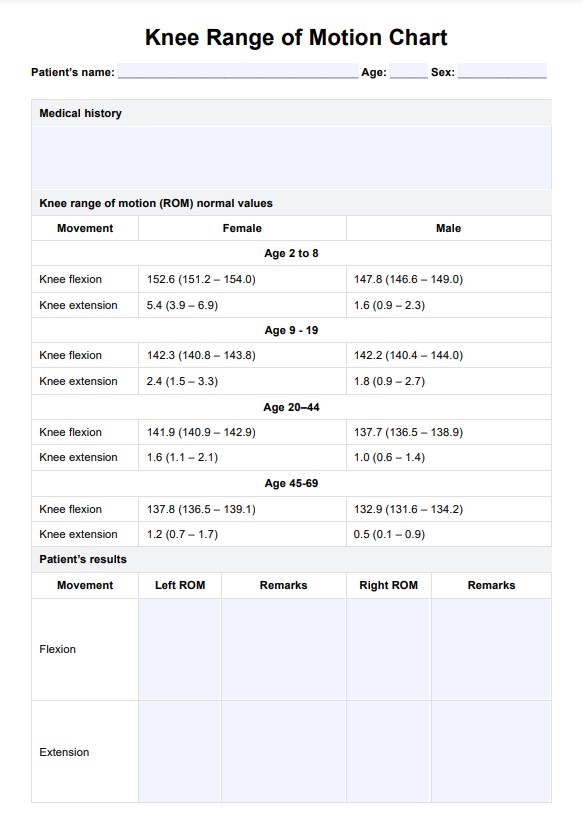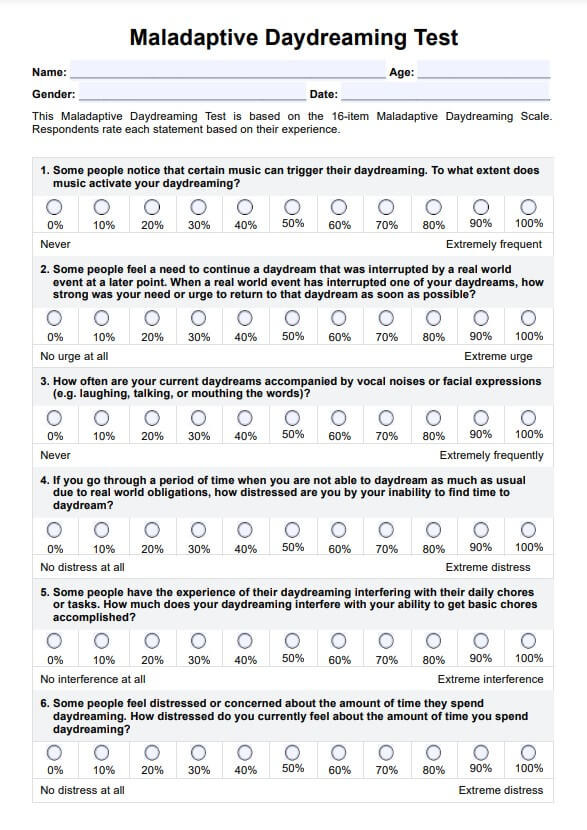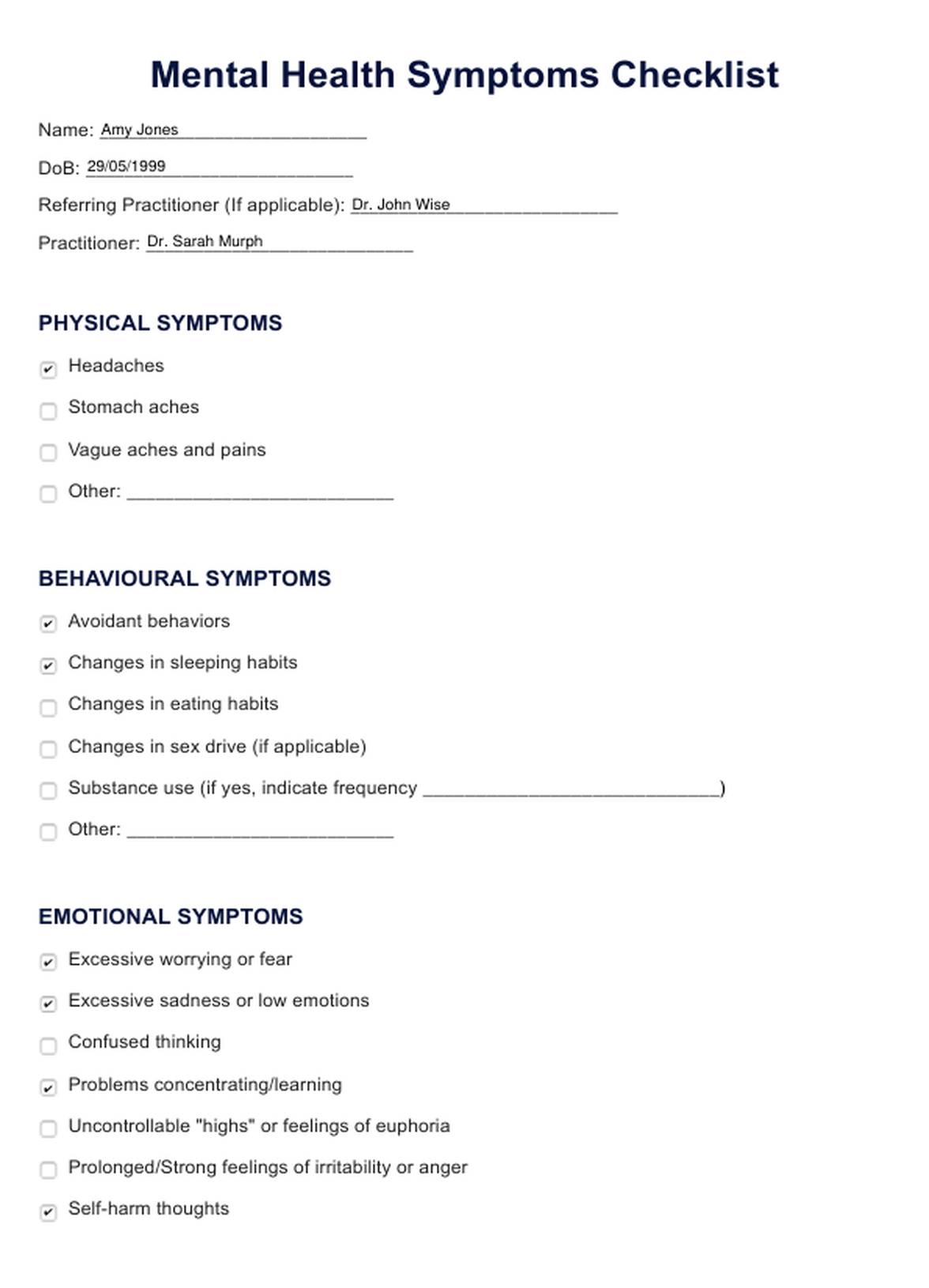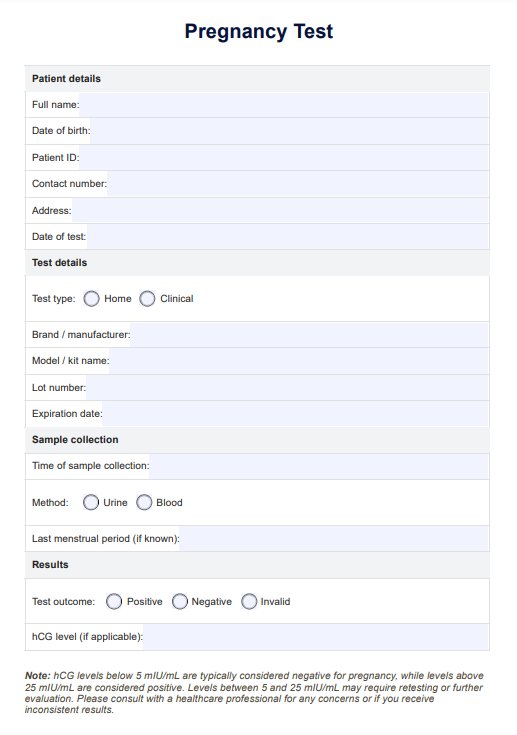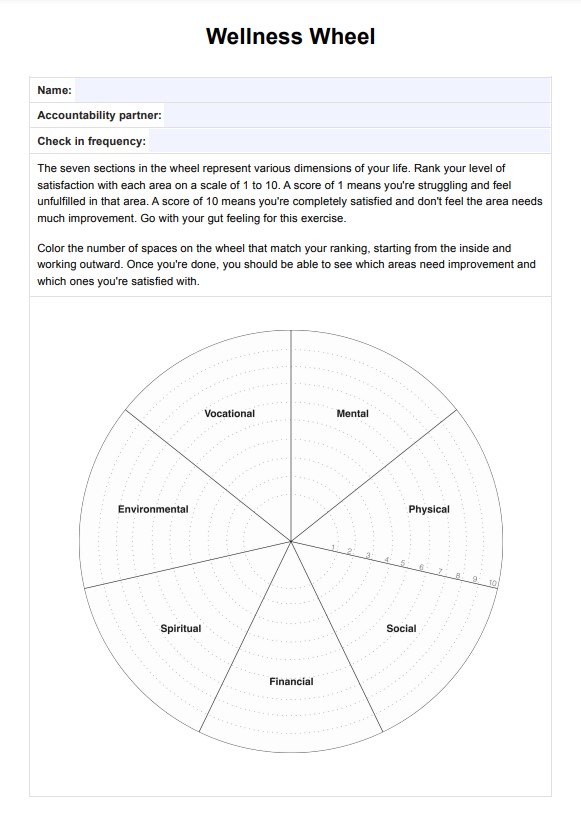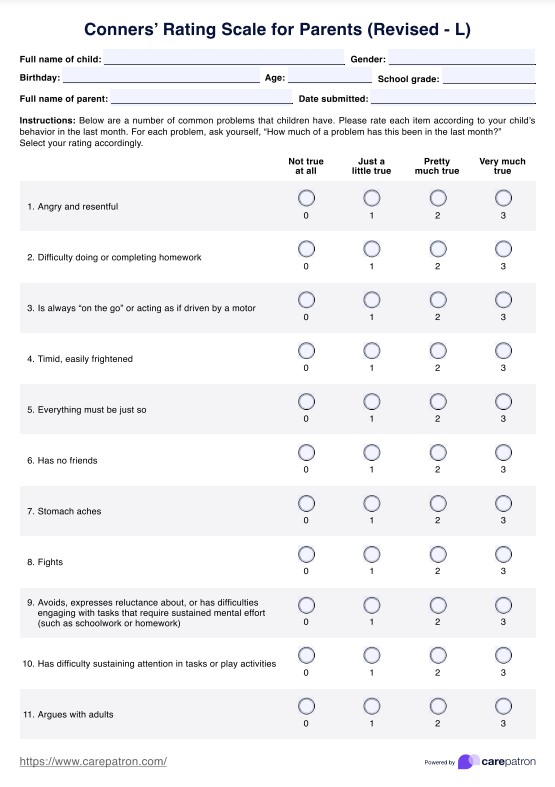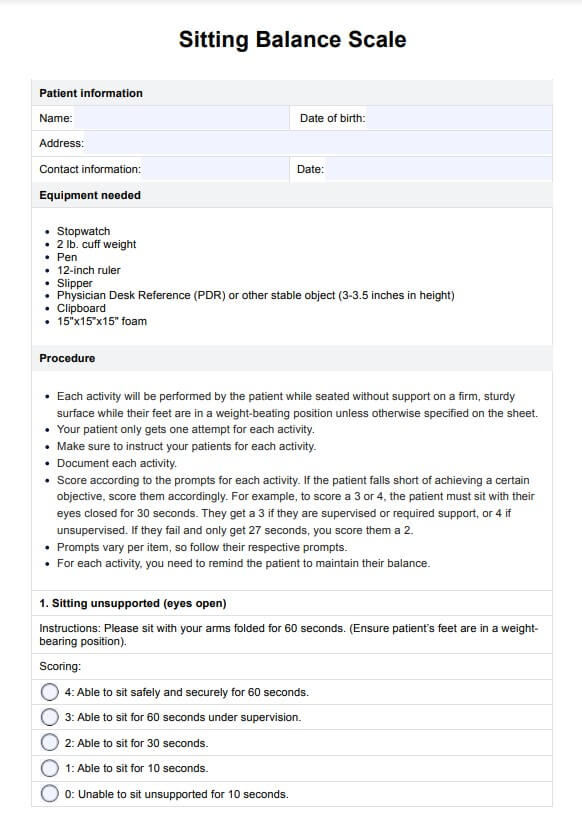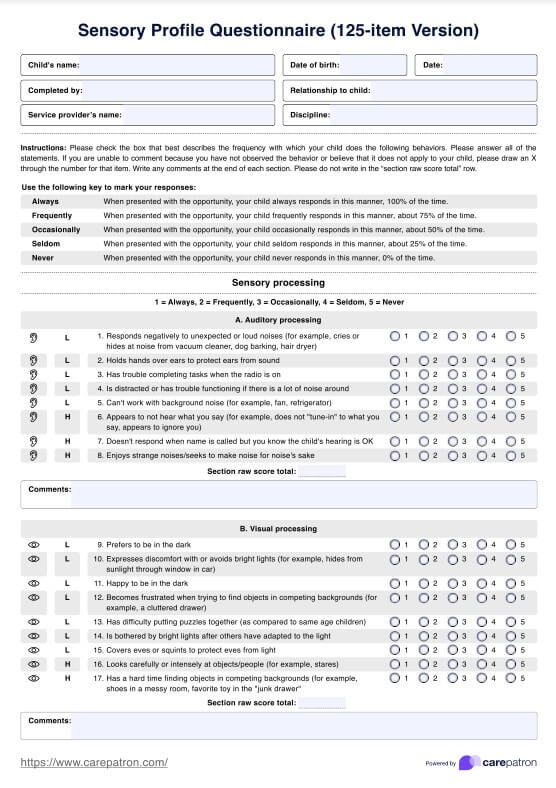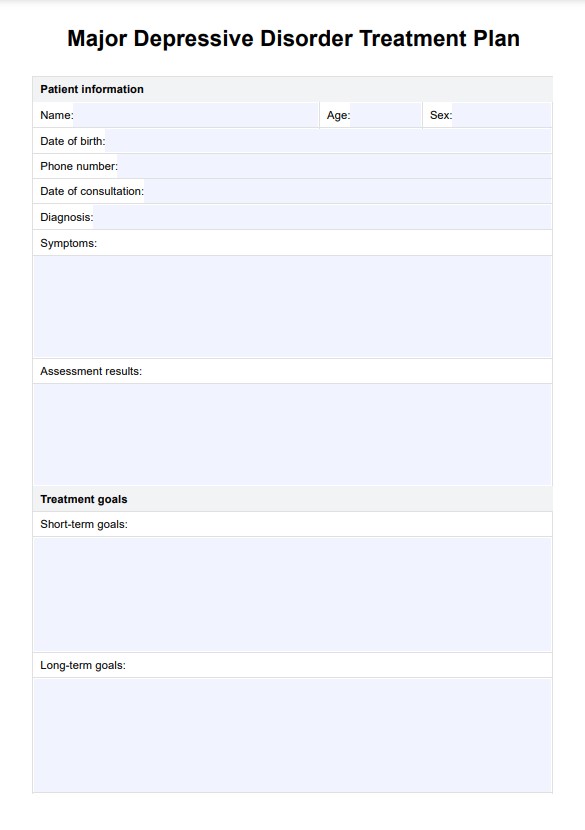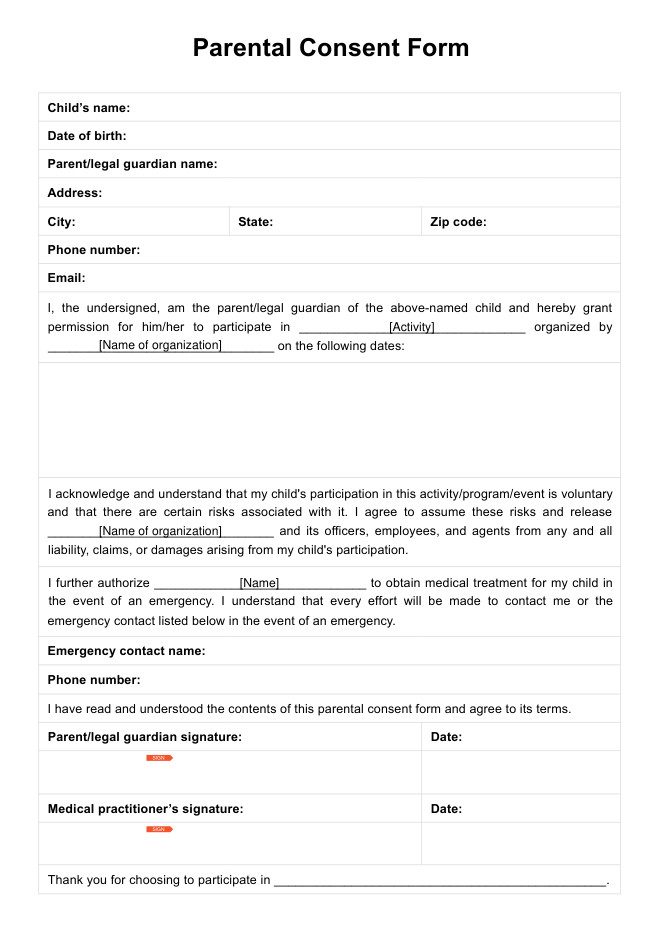What is Maranasati meditation?
Maranasati meditation, often called the mindfulness of death meditation, is a profound practice originating in the Buddhist tradition. Its name derives from the Pali words "marana" (death) and "sati" (mindfulness), encapsulating the essence of being deeply aware of one’s own mortality, which is in itself a wisdom practice. The mindfulness of death practice within Buddhist circles is aimed at cultivating awareness of life’s impermanence and inspiring a meaningful existence.
Death awareness is at the core of maranasati meditation, which encourages practitioners to contemplate death not as a morbid subject but as a way to reconcile with human beings' transient nature and the dying process (Kabat-Zinn, 2011). By reflecting on one’s own passing, death, last breath, suffering, and the inevitable decline of the human body, practitioners gain a clearer understanding of general importance of aligning their everyday lives with their deeper values.
Core beliefs and themes informing death awareness practices
Maranasati meditation incorporates several foundational themes that guide its purpose and methodology:
- Impermanence (Anicca): Life and all things are transient. Recognizing this helps individuals embrace change and let go of attachments.
- The interconnectedness of life and death: Death is a natural part of existence, fostering empathy and compassion for all who share this journey.
- Overcoming fear and anxiety: Reflecting on mortality reduces fear and cultivates acceptance, bringing inner peace.
- Living with purpose: Awareness of life’s finite nature inspires meaningful actions, relationships, and alignment with core values.
Contemplating death is not just a practice for Buddhist circles or monks; it is worth exploring for anyone seeking to reduce fear, deepen self-awareness, and find peace in impermanence. By contemplating death, reflecting on the dying process, and embracing the transient nature of life, individuals can move from avoidance to acceptance, unlocking the potential to live with greater clarity and purpose.
Practicing this form of mindfulness of death or mindfulness meditation addresses the basic psychological conflict of human existence and enhances mental health and emotional resilience. It invites each person to courageously examine life’s impermanence, recognizing his own way that while we cannot live forever, we can cultivate a sense of peace in the moments we are alive. As such, it is regarded as the ultimate practice of medication and mindfulness by some circles.
Maranasati Meditation Handout Template
Maranasati Meditation Handout Example
How is maranasati meditation practiced?
Maranasati death meditation, as a wisdom practice within the Buddhist tradition, can be done with a structured approach to help develop death awareness. Reflecting on one’s own mortality fosters acceptance of life’s impermanence while reducing the fear and anxiety associated with one's own death.
If you want to try maranasati contemplation, try these steps:
Begin with mindful breathing
Sit in a quiet, distraction-free space, focusing on your breath. This initial step anchors the mind, preparing it to reflect on life’s transience.
Contemplate the inevitability of death
Reflect on the certainty of own death, acknowledging the finite nature of human life expectancy. Phrases like “Death is inevitable, yet its timing is uncertain” help deepen this awareness. Think about how life moves forward, whether you exist or not.
Visualization of impermanence
Use symbolic imagery, such as the fading of a flame or the cycle of seasons, to internalize the understanding of impermanence. This helps you make peace with the reality of your own body, and mortality.
Integrate insights into everyday life
The practice concludes by connecting all the footprints of these reflections to the present moment. This step encourages aligning daily actions with one’s values, fostering purpose and mindfulness.
Conclude with gratitude and compassion
End the practice by reflecting on gratitude for life’s moments and the relationships that bring meaning to everyday life. Foster a sense of compassion for yourself and others, acknowledging the shared experience of impermanence and mortality.
How does our Maranasati Meditation Handout work?
Our Maranasati Meditation Handout is carefully designed to guide healthcare professionals and individuals in understanding and practicing this wisdom practice. Here's how it works:
Step 1: Access the handout
The handout is available through Carepatron, offering a reliable resource to introduce the practice of death mindfulness.
Step 2: Understand core beliefs and themes
The handout begins by exploring foundational concepts such as impermanence (anicca), the interconnectedness of life and death, and the role of own mortality in shaping emotional resilience. These themes help practitioners reflect on the basic psychological conflict of mortality and the significance of cultivating awareness of the human body and its finite nature.
Step 3: Learn practical techniques
Techniques such as guided meditation, mindful breathing, reflecting on one's own body and death, and visualizing impermanence provide a structured approach to incorporating this very important practice into daily routines. The handout emphasizes fostering gratitude and compassion as part of the death awareness practice to enhance mental health and emotional balance.
Step 4: Apply insights to everyday life
The handout concludes by encouraging users to apply their reflections to everyday life, creating a meaningful connection between their own bodies, relationships, and professional or spiritual urgency and personal priorities. This step ensures that maranasati meditation extends beyond the time spent in the meditation session, transforming the awareness of human life expectancy into purposeful actions.
Benefits of using this handout
This handout provides healthcare professionals with a comprehensive guide to understanding and applying maranasati meditation, ensuring they can incorporate this important practice into their work and everyday life.
- Promotes death awareness for personal growth: The handout helps reflect on own mortality and the dying process, aligning with principles from the Buddhist tradition and practices like cemetery contemplations. It encourages a deeper appreciation of the lifespan and fosters a sense of spiritual purpose.
- Enhances mental health and emotional resilience: By addressing the psychological conflict surrounding one's death, this tool supports death mindfulness and reduces the fear of dying, improving emotional well-being and helping individuals face mortality with clarity and peace.
- Guides practical application of death practices: Inspired by teachings from institutions like the Cambridge Insight Meditation Center and the Insight Meditation Society, the handout provides actionable techniques for contemplating death and connecting the practice to the present moment, making it relevant to human beings in all stages of life.
- Integrates mindfulness into everyday life: The handout emphasizes the importance of practicing mindfulness in the context of mortality, encouraging users to reflect on the human body, relationships with family members and friends, and how to live fully in the moment despite life’s impermanence.
Health benefits of maranasati meditation
Practicing maranasati meditation offers many forms of significant health benefits, helping practitioners develop resilience and clarity in everyday life while addressing the challenges of mortality.
Reduces stress and anxiety
By fostering death awareness and reflecting on own death, this death mindfulness practice reduces the fear of the dying process and alleviates existential anxiety. It creates space for inner peace and emotional balance facing death.
Enhances emotional and mental health
Through mindfulness of death, practitioners address the basic psychological conflict of impermanence, improving their ability to manage grief, uncertainty, and change. Institutions like the Cambridge Insight Meditation Center and the Insight Meditation Society support this benefit.
Improves overall well-being
Reflecting on death studies the human body and the life span through contemplating death cultivates a deeper connection to the present moment, encouraging gratitude for being alive. It promotes meaningful engagement with loved ones, leading to a more fulfilled and compassionate life.
Reference
Kabat-Zinn, J. (2011). Some reflections on the origins of MBSR, skillful means, and the trouble with maps. Contemporary Buddhism, 12(1), 281–306. https://doi.org/10.1080/14639947.2011.564844
Frequently asked questions
Maranasati meditation focuses specifically on mindfulness of death, awareness, and the impermanence of life, unlike general mindfulness meditation, which emphasizes present-moment awareness. This practice encourages reflection on one's own death and mortality, helping individuals face death practice the dying process with peace and purpose.
This wisdom practice can benefit anyone, including healthcare professionals, patients, and individuals facing existential concerns. It is especially valuable for those managing grief, anxiety, or a terminal diagnosis, as it fosters acceptance, resilience, and gratitude for everyday life.
Yes, this very important practice addresses the basic psychological conflict of mortality, the same way as reducing the fear and anxiety associated with most people having their own passing. It promotes mental health by encouraging mindfulness of the present moment and enhancing emotional balance and clarity.
Get started for free
*No credit card required





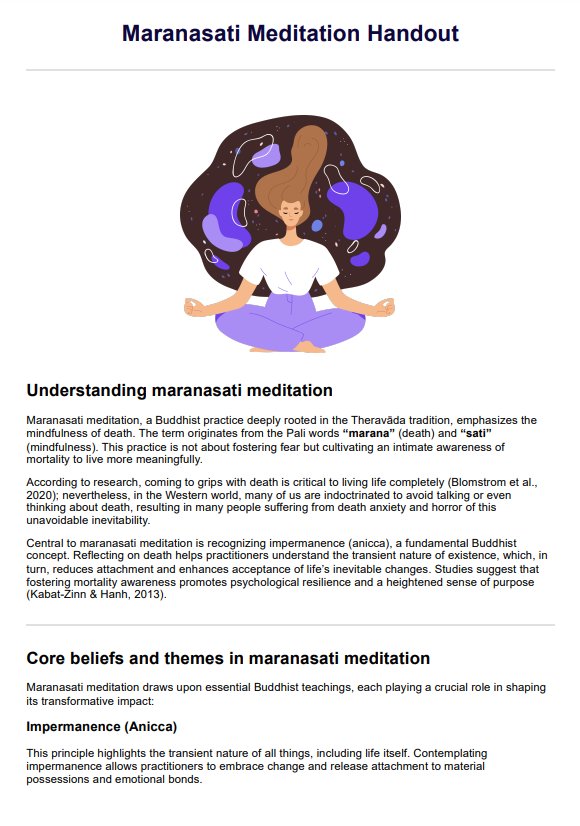

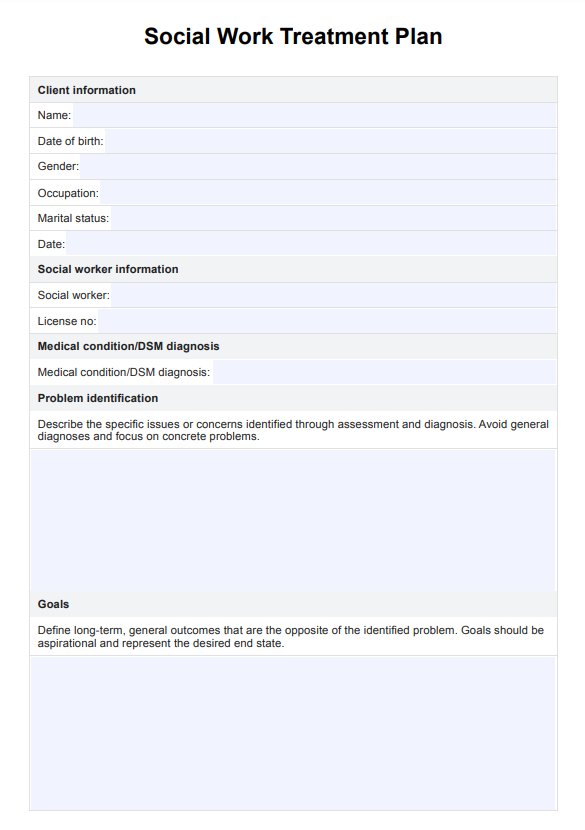










-template.jpg)


















